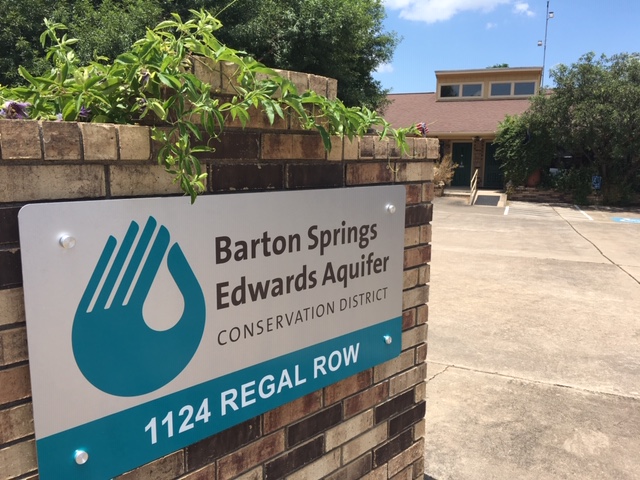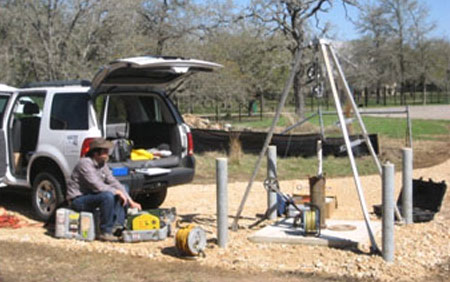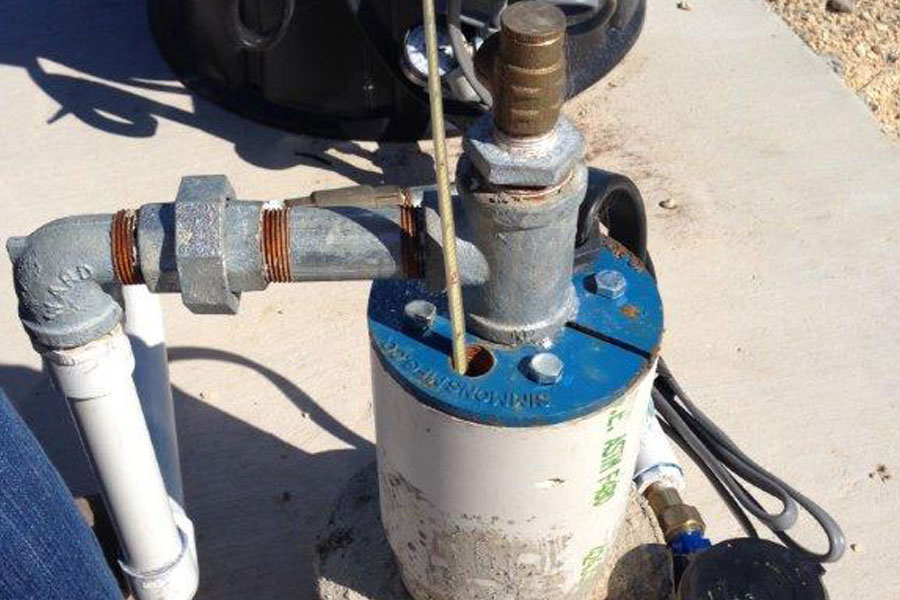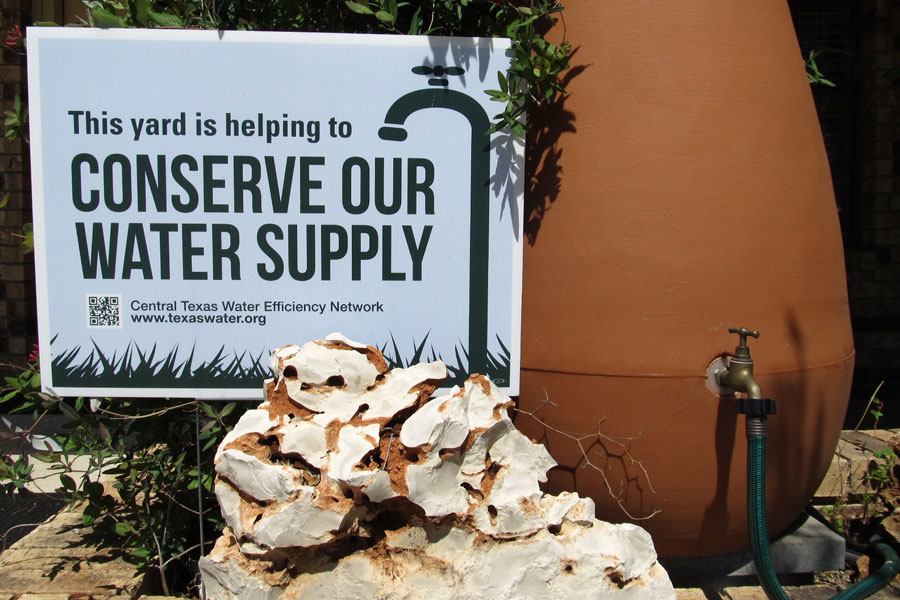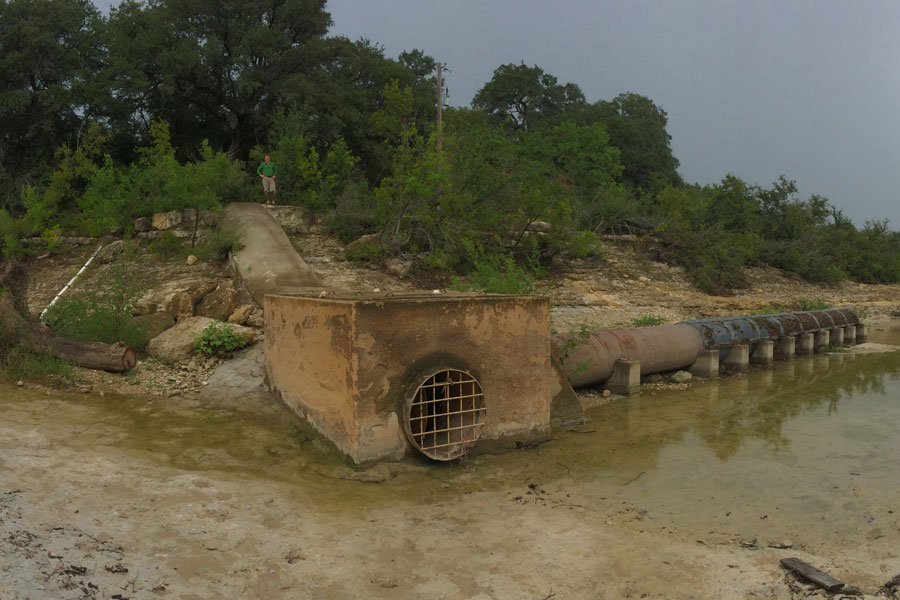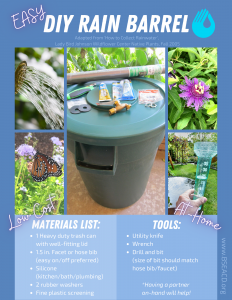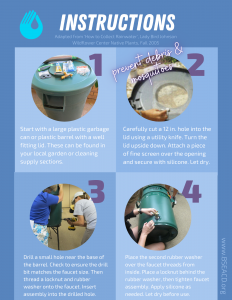Alternate Supply
| Sustainable alternate water supplies can be utilized to help offset demands for groundwater, and reduce waste of natural resources. |
Rainwater Harvesting
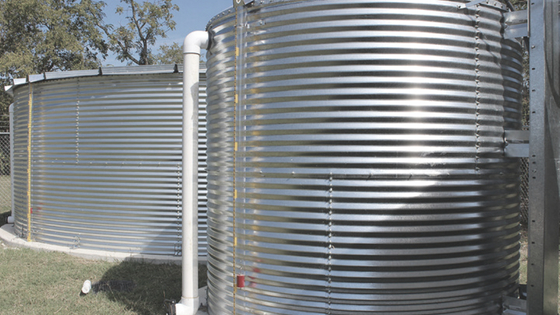
Rainwater harvesting has been practiced all over the world for thousands of years. Many people, especially in rural areas, have revived the practice and are using it for all their household water requirements. It may not be feasible for a homeowner to convert his/her residence to 100% rainwater collection, but a small system can easily be installed to help meet summer outdoor watering demands.
Collecting and using rainwater for outdoor watering provides a simple alternative to using potable water on the landscape and leaves this more expensive, treated water for human needs such as drinking and cooking. In addition to conserving the precious water resources of our aquifers, lakes, and streams, rainwater harvesting reduces the necessity for new water treatment plants and water storage facilities (which helps to keep the cost of publicly supplied water manageable).
Rainwater harvesting systems come in all shapes and sizes, from a simple container under a downspout to potable systems with thousands of gallons of storage and complex filtration features. Before you begin to plan your own rainwater harvesting system, check with local government agencies and homeowner associations for any applicable regulations.
Click on the image to download the PDF instructions to make your own low-cost DIY rain barrel at home!
More Info
- Hill Country Alliance: Annual Rainwater Revival
- Cow Creek GCD: Rainwater System Introduction Video and How-To Video
- Texas Water Development Board: Rainwater Harvesting
- Texas Cooperative Extension: Rainwater Harvesting and In-Home Use Videos
- City of Austin: Onsite Water Reuse Systems
- Hill Country Alliance: Rainwater Harvesting & Rainwater Revival
- PDF: Texas AgriLIFE Extension – Rainwater Harvesting
- PDF: BSEACD Rainwater Harvesting Brochure
- PDF: BSEACD’s Rainwater Harvesting System Schematic
- PDF: BSEACD and CAMN Rainwater Harvesting Presentation
Greywater Resources
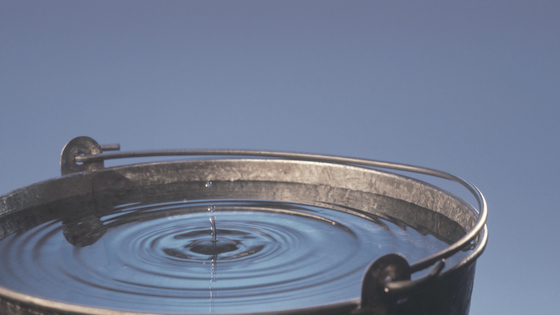
Reusing water in a beneficial way helps to reduce your household water footprint and groundwater demands. Greywater can be utilized and reused from bathroom sinks, showers, and washing machines for outdoor irrigation and other specific non-potable uses. Before adopting any water reuse practices in your home, be sure to check with your local government for any reuse restrictions or regulations specific to your area.
- H2ouse: Greywater Installation Tips
- TCEQ: Beneficial Re-Use of Graywater and Alternative Onsite Water
- Cit of Austin: Residential Gray Water FAQ
- Glenrose Engineering: Graywater
- Alliance for Water Efficiency: Graywater Intro
- Texas Administrative Code: Chapter 201, Subchapter F: Use of Graywater Systems
